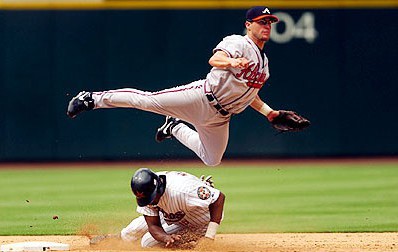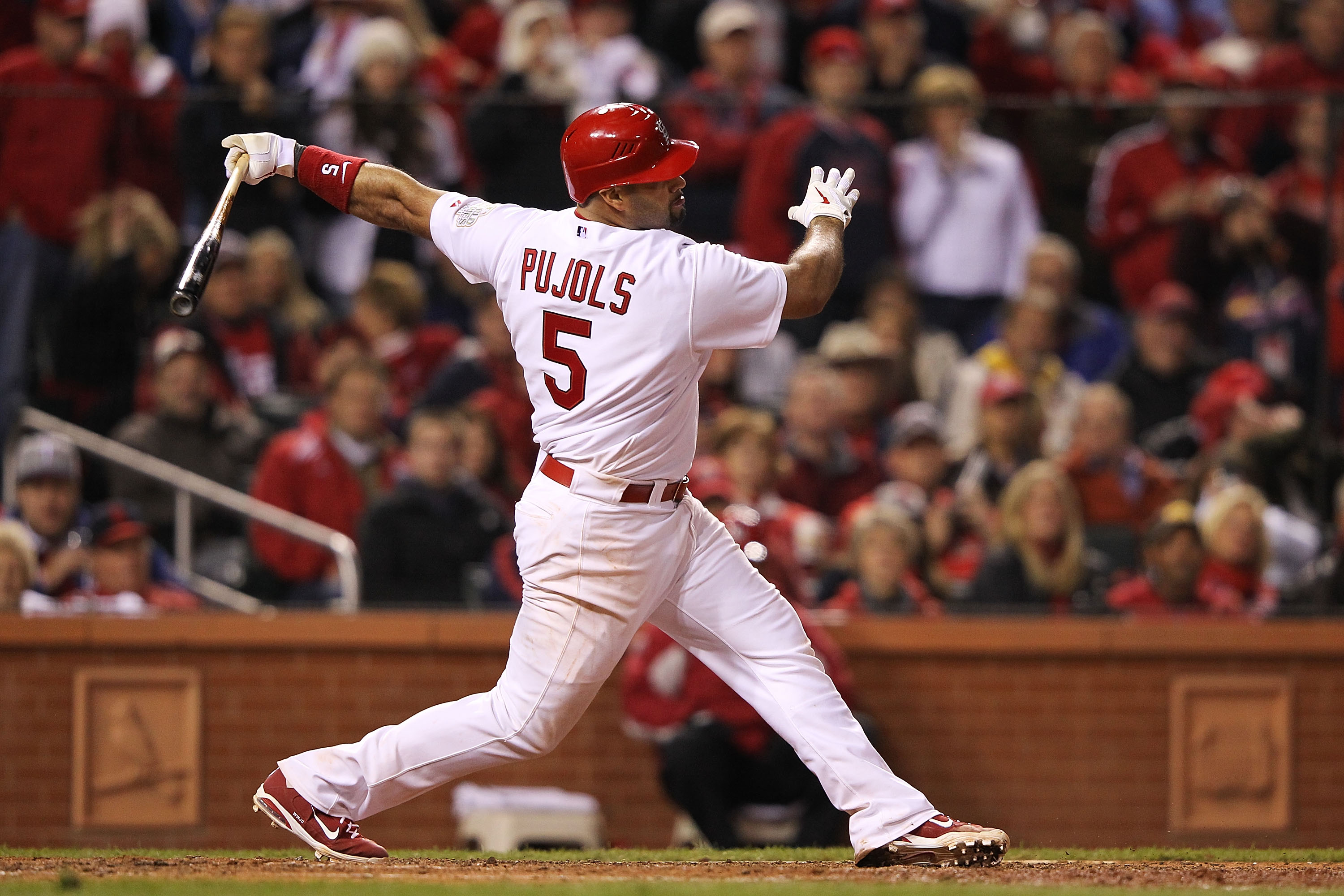I like to think of myself as a stats nerd, but I know that sports aren’t played in a vacuum. They also frequently don’t go quite how we think they will – if so, we’d never have a reason to take anyone other than the best players in DFS. Teams that Vegas projects to score under 2.5 runs typically don’t score more runs than a team they project to score over 5.5 runs. But sometimes, that very thing happens.
There are so many variables in each sport and they’re all interconnected. Thankfully with our Trends tool we can try to quantify how many of them lead to fantasy value. For today’s article, I started my research by trying to determine whether teams are affected by their opposition’s projection. To give a tangible example: let’s say a team is playing another that’s projected to score a lot. Does it also boost their own value because they’re trying to keep up or catch up in the game? Or does that open themselves up to strikeouts and poorer performance?
This question led me to create an Excel sheet of how batters of teams projected at various levels of runs perform when their opposition is projected at various levels of runs. Here it is:

I think this chart (vertical is projected runs of our batters, horizontal is projected runs of the opposition) shows that projected runs of a team’s opposition has little effect on batters. You can see this clearly on the right side of the chart, where it’s very orange and red until the team is projected for over 4.2 runs or so. If batters were at a positive value in facing high-scoring teams by trying to catch up or some other reason, we’d see them more yellow and green no matter where their team was projected.
In general, looking at where Vegas projects a team in terms of runs are important, and it’s important regardless of where the other team is projected. Teams projected to score a lot of runs typically do so, no matter how many runs the other team scores. The opposite is generally true as well.
This type of study will be particularly useful in a sport like basketball or baseball, where teams are probably more willing to “take their foot off the gas” later in games with a big lead. Baseball doesn’t seem to have this problem – I wouldn’t fade a team projected to score a lot of points just because their opposition is projected to score few. The data says it doesn’t really affect their fantasy value.





